When reggae music surged through Kingston’s streets in the 1970s, a new vocal style began to ripple through the sound systems — one that straddled spoken word, rhythm, and raw energy. That style was toasting, and one of its most distinctive voices was Trinity, born Wade Brammer, better known as Junior Brammer.
Who Was Trinity (Junior Brammer)?
Trinity was born in 1954 in Kingston, Jamaica, and came of age in a golden era of Jamaican music. He began his career during the height of roots reggae, stepping into the limelight as a deejay — not in the modern DJ sense, but in the Jamaican toasting tradition.
Originally performing under the name Prince Glen, he eventually adopted the moniker Trinity, a reference to the Spaghetti Western character played by Terence Hill. Like his namesake, Trinity brought a charismatic swagger to the mic that made him stand out in Kingston’s crowded sound system scene.
Toasting: The Foundation of Trinity’s Legacy
Toasting — a style of rhythmic speech or chanting over reggae beats — was the precursor to modern rap. Trinity was among the key figures who evolved this art form, following in the footsteps of pioneers like U-Roy and Big Youth, but adding his own flavor: socially conscious lyrics, streetwise patois, and an effortless melodic flow.
He often toasted over classic riddims produced by legends like Yabby You, Joseph Hoo Kim (Channel One), and Joe Gibbs. His ability to adapt his voice to the beat with clever rhymes and cultural commentary made him a favorite among both producers and fans.
Three Piece Suit is perhaps Trinity’s most iconic album, featuring his smash hit of the same name.
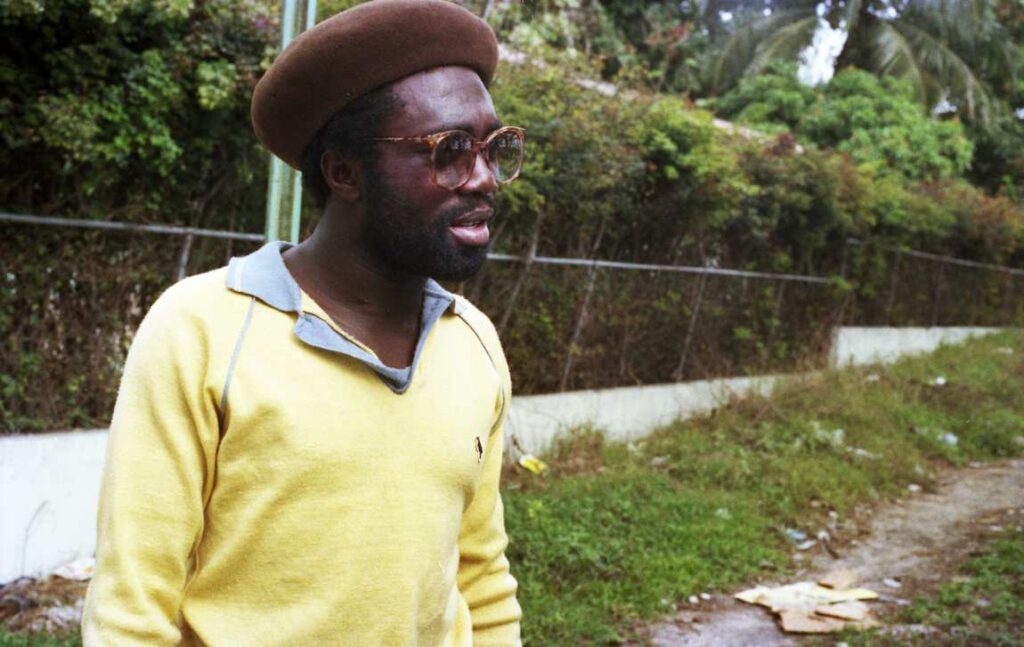
Collaborations and Musical Impact
Trinity’s voice was so adaptable that he frequently collaborated with vocal singers, creating deejay versions of existing tracks. His work with Dennis Brown, Gregory Isaacs, and Freddie McGregor is part of reggae’s rich intertextual tradition — reusing riddims, reinterpreting lyrics, and keeping the sound fresh for dancehall audiences.
Moreover, Trinity was a bridge between roots reggae and the emerging dancehall sound of the early ’80s. His style helped usher in a new era where deejays took center stage.
Did You Know?
- Trinity is the older brother of fellow deejay Clint Eastwood, and the two released a joint album, Clint Eastwood vs Trinity, a playful sound clash on wax.
- “Three Piece Suit” utilized a popular riddim that was also famously employed by Althea & Donna for their hit “Uptown Top Ranking.” Althea & Donna’s song, often seen as a lyrical response or counterpoint to Trinity’s, became a UK #1 hit — a rare feat for Jamaican artists at the time.
- Trinity also recorded under the name Junior Brammer later in his career, especially on more roots-focused recordings.
Owning Trinity’s vinyl isn’t just about nostalgia — it’s about experiencing Jamaican sound system culture in its rawest form. These records capture the energy of Kingston’s streets, the ingenuity of producers working with minimal gear, and the unmatched charisma of one of reggae’s most underrated deejays.
-
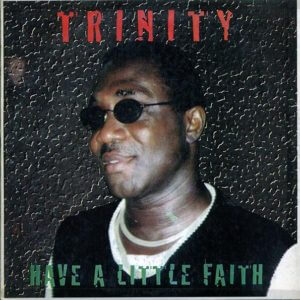 Trinity – Have A Little Faith (autographed by Trinity) Jamaica Press49,00€
Trinity – Have A Little Faith (autographed by Trinity) Jamaica Press49,00€ -
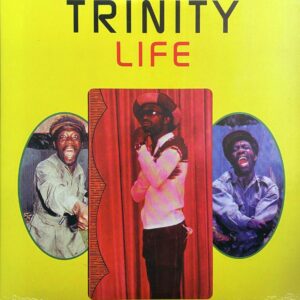 Trinity – Life25,00€
Trinity – Life25,00€ -
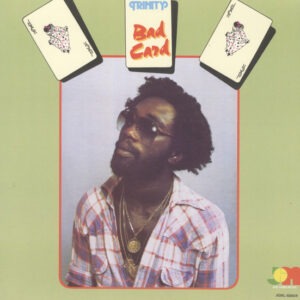 Trinity – Bad Card23,00€
Trinity – Bad Card23,00€ -
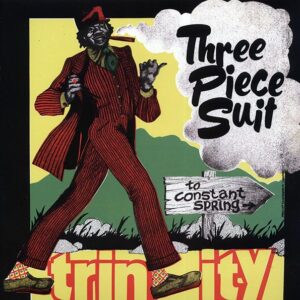 Trinity – Three Piece Suit22,00€
Trinity – Three Piece Suit22,00€ -
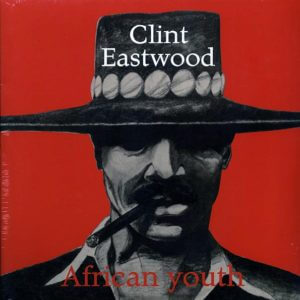 Clint Eastwood – African Youth19,00€
Clint Eastwood – African Youth19,00€ -
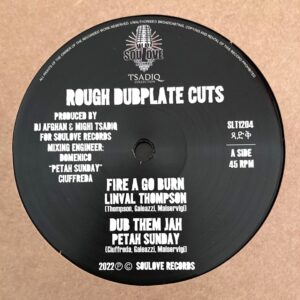 Linval Thompson & Trinity Meet The Tsadiq Section – Rough Dubplate Cuts14,90€
Linval Thompson & Trinity Meet The Tsadiq Section – Rough Dubplate Cuts14,90€ -
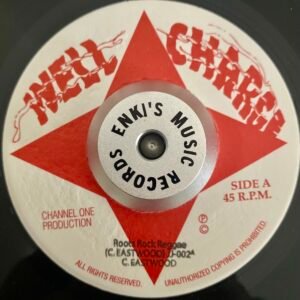 Clint Eastwood – Roots, Rock, Reggae / Revolutionaries12,90€
Clint Eastwood – Roots, Rock, Reggae / Revolutionaries12,90€

